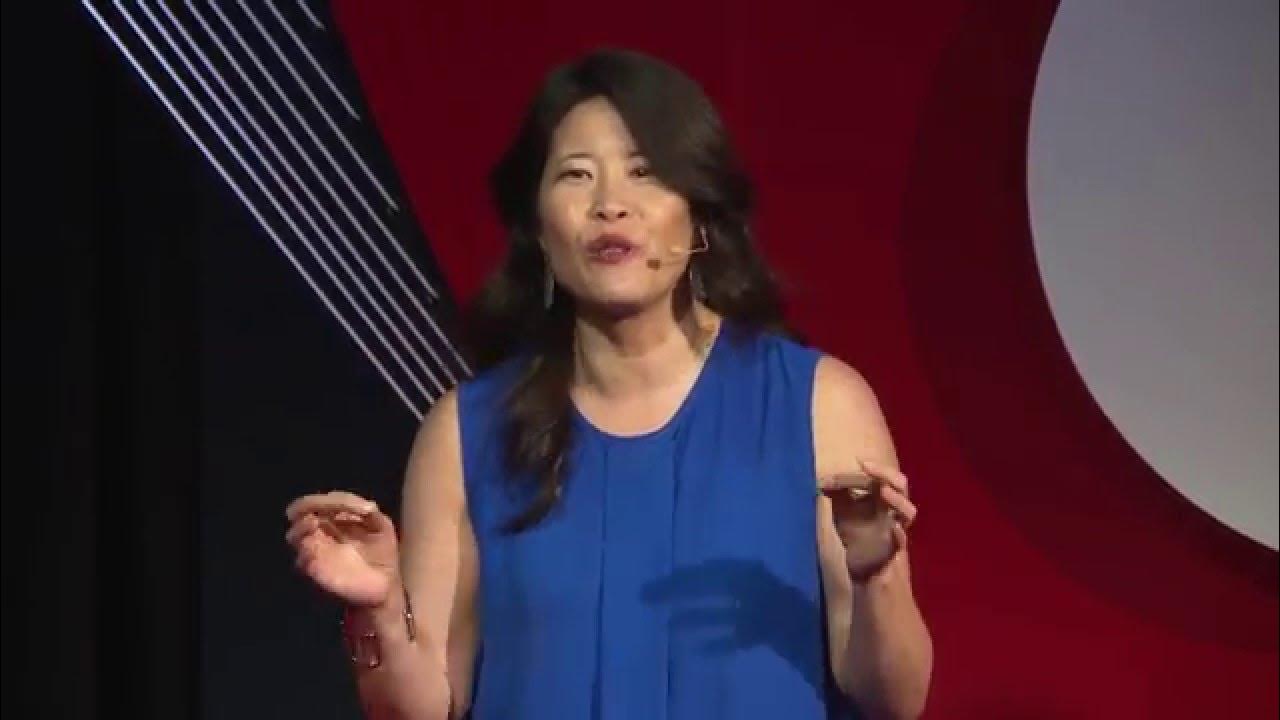Your brain on music | Alan Harvey | TEDxPerth
Summary
TLDRIn her insightful talk, neuroscientist Amanda Chu explores the profound effects of music on emotions, memory, and social connections. She highlights music's universal presence, its evolutionary ties to language, and its ability to evoke strong physiological responses. Chu emphasizes music's therapeutic potential in treating conditions like dementia and autism, as well as its role in enhancing cognitive development in children. Despite its significance, music education is declining in many Western curricula, which could hinder social and cognitive growth. Ultimately, Chu advocates for recognizing music as a vital component of human connection and cooperation.
Takeaways
- 😀 Music evokes powerful emotions and memories, often more effectively than poetry.
- 🎶 Music is a universal human trait, with evidence dating back over 40,000 years.
- 🧠 Different brain regions process music and language, with music often activating the limbic system linked to emotions.
- 💡 Dopamine release occurs during musical anticipation, enhancing pleasure and emotional experience.
- 🤝 Music fosters social connections, trust, and empathy, especially in group settings.
- 🏥 Music has therapeutic benefits for conditions like dementia and developmental disorders, aiding rehabilitation.
- 📚 Musical education positively impacts children's cognitive and social skills, including literacy and mathematics.
- ❌ Despite its benefits, music education is declining in many Western educational systems.
- 🔄 Historically, music was integrated into the curriculum alongside other subjects, unlike today.
- 🌍 Emphasizing music can help create a more cooperative and connected society.
Q & A
What is the main topic of Amanda Chu's presentation?
-The presentation discusses the impact of music on human emotions, memory, and social interactions, exploring its evolutionary significance and therapeutic potential.
How does Amanda Chu connect music to human evolution?
-Chu explains that music is a universal human skill that likely evolved alongside language as a means of communication and social bonding.
What are some biological effects of music mentioned in the presentation?
-Music affects biological processes such as blood pressure, heart rate, and hormone levels, and can elicit emotional responses like chills or tears.
What role does music play in education according to the speaker?
-Music education is linked to cognitive development in children, enhancing skills such as memory, motor skills, and social interactions.
What evidence does Chu provide about music's impact on memory?
-Research indicates that music can help unlock memories in individuals with dementia, including Alzheimer's disease.
How does music influence social behavior?
-Participating in group music-making activities can enhance empathy, trust, and social bonding among individuals.
What does Chu suggest about the historical context of music in education?
-Historically, music was taught alongside subjects like arithmetic and astronomy, and was considered integral to a well-rounded education, unlike the current trend of diminishing music programs.
What does the term 'musilanguage' refer to?
-'Musilanguage' refers to the concept that music and language may have evolved from a common precursor, highlighting their interrelatedness in cognitive processing.
How does music processing differ in the brain?
-Language is primarily processed in the left hemisphere, while music processing tends to have a right hemisphere bias, indicating different neurological pathways.
What is the significance of oxytocin in music-making?
-Oxytocin levels increase when people sing together, particularly during improvisation, which is associated with enhanced feelings of empathy and social connection.
Outlines

Этот раздел доступен только подписчикам платных тарифов. Пожалуйста, перейдите на платный тариф для доступа.
Перейти на платный тарифMindmap

Этот раздел доступен только подписчикам платных тарифов. Пожалуйста, перейдите на платный тариф для доступа.
Перейти на платный тарифKeywords

Этот раздел доступен только подписчикам платных тарифов. Пожалуйста, перейдите на платный тариф для доступа.
Перейти на платный тарифHighlights

Этот раздел доступен только подписчикам платных тарифов. Пожалуйста, перейдите на платный тариф для доступа.
Перейти на платный тарифTranscripts

Этот раздел доступен только подписчикам платных тарифов. Пожалуйста, перейдите на платный тариф для доступа.
Перейти на платный тарифПосмотреть больше похожих видео

How our surroundings shape us | Sarah Robinson | TEDxMestre

The disruptive power of exercise | Dr. Wendy Suzuki | TEDxACCD

Nicholas Christakis: The hidden influence of social networks

5 Scary Psychological Facts About Women You Didn't Know | STOICISM

ARTEFACT EPS. 4: PSIKOANALISIS DAN MUSIK SEBAGAI TERAPI

The art of asking | Amanda Palmer
5.0 / 5 (0 votes)
